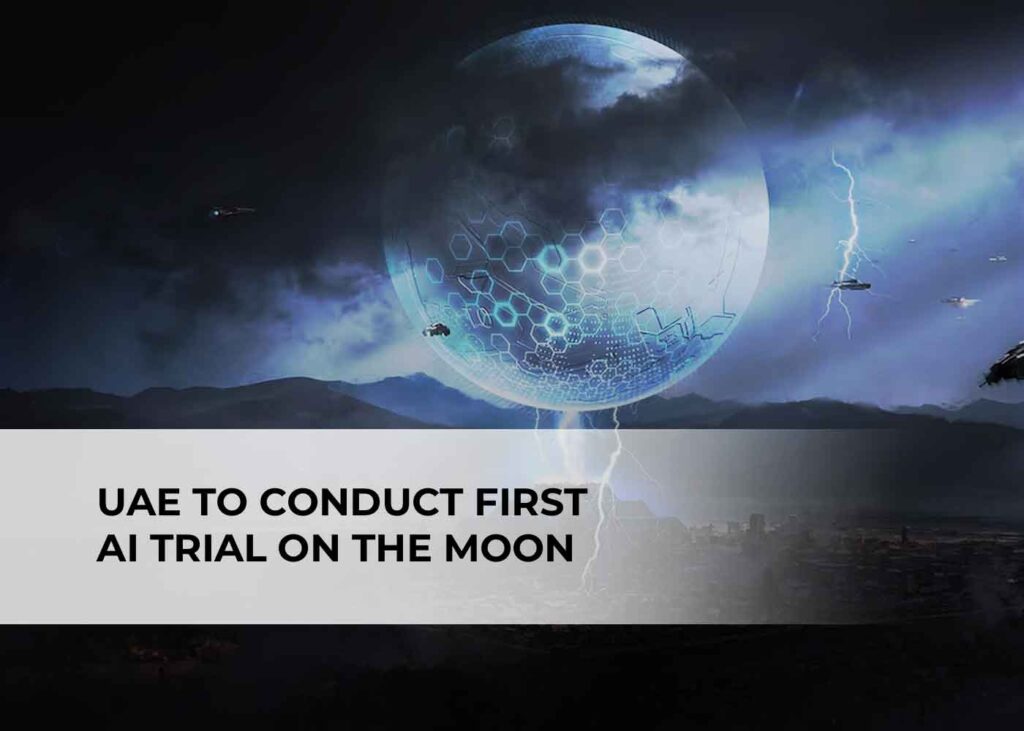
The moon is about to become the site of an incredible breakthrough in AI! Canada’s machine learning system will be along for the journey on board a United Arab Emirates (UAE) rover launched with SpaceX on December 11th. This momentous occasion marks one giant leap forward for artificial intelligence technology.
The Rashid rover will land on the moon’s surface with Japan’s lunar mission this spring. Canada’s AI system has been chosen to assist in making decisions as this marks a historical first where Artificial Intelligence has ventured beyond low Earth orbit. With its aid, it hopes to discover minerals and other objects of curiosity during its exploration!
If It Succeeds, It Could Be a Big Step For Space Exploration.
If successful, this technology will be essential to NASA’s moon mission. According to Ewan Reid, CEO of Mission Control Space Services (MCSS), Artificial Intelligence “will be a crucial tool for making decisions onboard spacecraft.” AI is necessary for searching for water on the Moon with its Artemis missions and updating Earth observations more efficiently. Although MCSS consists of merely 40 members, they are determined and ready to take charge!
If everything succeeds according to plan, Rashid will be operational on the moon for nearly a full lunar day (29 Earth days). Though it won’t survive through the duration of the lunar night, its objective as an exploratory mission is fulfilled. MCSS has already planned out numerous activities that can be accomplished with those treasured few days on the moon’s surface!

Using AI Can Be Very Helpful For The Efficient Use Of Resources.
According to Reid, Artificial Intelligence on the moon can help conserve restricted satellite bandwidth by only sharing necessary data, images, and videos that scientists need. This technology has various applications across our solar system, too; it could be used to identify unknown ships traveling without documentation or remove clouds from planetary pictures.
Long story short, there is a significant opportunity for AI deployment in space. If all goes according to plan, the lunar demonstration conducted by MCSS will enable various companies and organizations to use AI in their missions moving forward.
You might want to take a look at this content: UK-Based Zopa Raises 92 Million Dollars to Become a Unicorn







